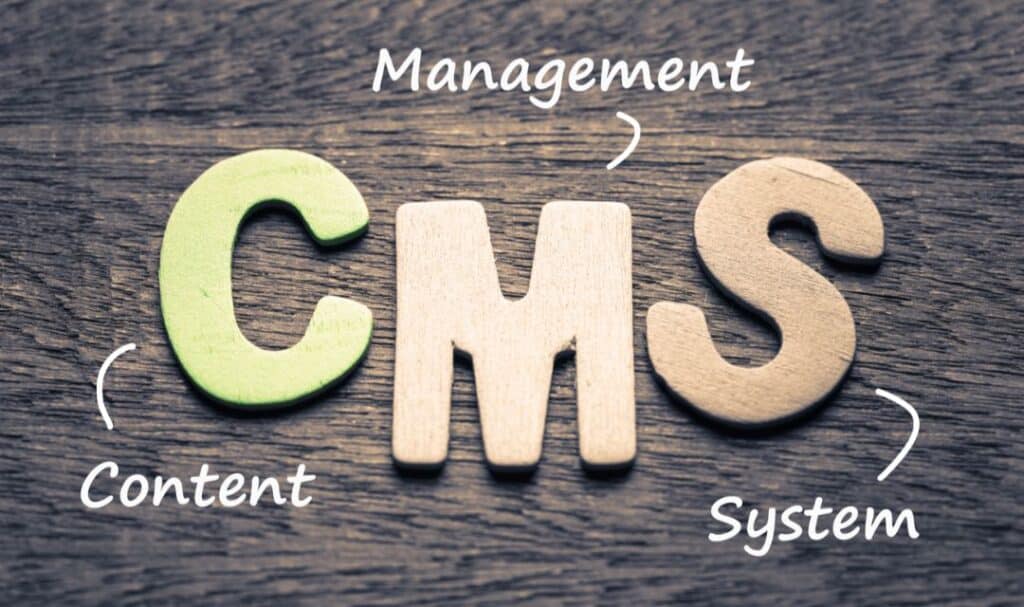Content Management Systems (CMS) are widely used to create and manage websites, making it easier for users to update and maintain their online content. The popularity and “best” website CMS can vary depending on individual needs and preferences, but the following is a list of some of the most popular and well-regarded website CMS options as of my last knowledge update in January 2022. Keep in mind that the popularity and features of website CMS platforms can change over time, so it’s a good idea to research the latest information and reviews when making your decision:
- WordPress: WordPress is one of the most widely used CMS platforms in the world. It’s known for its ease of use, extensive plugin library, and robust community support.
- Joomla: Joomla is a versatile CMS that offers more advanced features and customization options. It’s favored for its flexibility and extensibility.
- Drupal: Drupal is a powerful CMS suitable for complex websites and applications. It’s known for its scalability and security features.
- Magento: Magento is a CMS tailored specifically for e-commerce websites. It provides a wide range of e-commerce functionalities and customization options.
- Wix: Wix is a popular website builder that offers a user-friendly drag-and-drop interface. It’s suitable for small to medium-sized businesses and individuals.
- Squarespace: Squarespace is a user-friendly CMS that’s popular among creatives and those looking for visually appealing websites. It offers elegant templates and design tools.
- Shopify: Shopify is a dedicated e-commerce platform, making it ideal for businesses looking to set up online stores quickly and efficiently.
- Ghost: Ghost is a CMS designed specifically for bloggers and publishers. It’s known for its simplicity and focus on content creation.
- TYPO3: TYPO3 is a highly customizable CMS often used for enterprise-level websites. It offers advanced multi-language and multi-site capabilities.
- Concrete5: Concrete5 is an easy-to-use CMS with in-context editing, making it a good choice for those who want a simple, user-friendly platform.
Keep in mind that the choice of CMS should depend on your specific project’s requirements, such as your technical expertise, website goals, and budget. Additionally, the popularity of CMS platforms can change over time, so it’s a good idea to check for the most up-to-date information and user reviews before making a decision.



